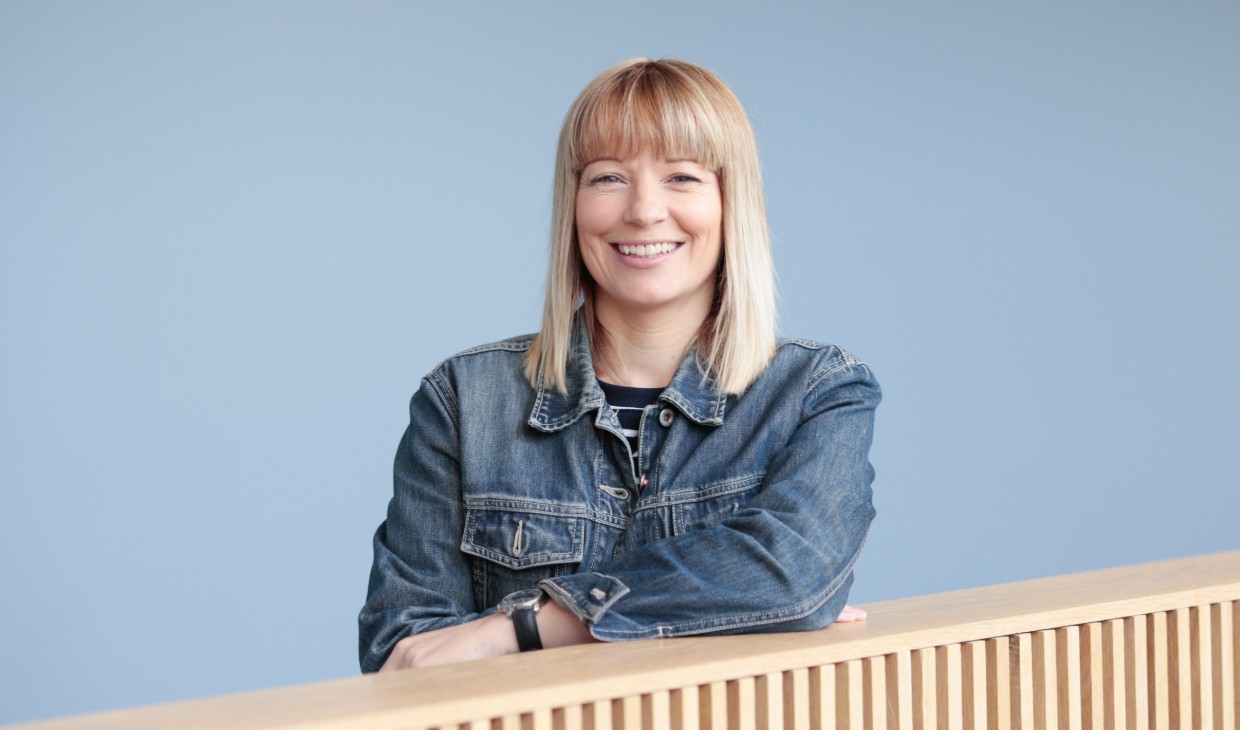The needs of suicidal children are at risk of being overlooked due to gaps in policy and inconsistencies in how the issue is approached globally, according to experts.
Led by the University of Stirling, a new international scoping review of policy has highlighted a lack of specific reference to the treatment and needs of suicidal children. It found that most policies recommend that suicidal children – or those who have self-harmed – should be assessed by a specialist practitioner – but the majority offered no clear recommendations beyond this.
The review analysed the content of 35 policy documents and will help to inform policy development, encouraging policymakers to specifically address the needs of suicidal children.
Lynne Gilmour, of the Nursing, Midwifery and Allied Health Professions Research Unit (NMAHP-RU) at Stirling, led the study, published BMJ Open. She said: “Suicide is a global health policy priority, with nearly 800,000 lives lost to suicide annually, and reducing rates is a target of the World Health Organisation Mental Health Action Plan.
“This scoping review mapped key policy documents worldwide and established how they addressed the treatment and care needs of children and young people who are suicidal. It highlighted a potential gap in policy that could lead to the needs of this very vulnerable group being overlooked, and varying interpretations of how they should be provided for.
“National guidelines – in countries including the UK, New Zealand and Ireland – contain recommendations that children and young people who are considered to be at risk of suicide are assessed by a child and adolescent mental health practitioner, however, stop short of recommending treatments and interventions beyond this.”

Lynne Gilmour led the study, published in BMJ Open.
The review considered policies, policy guidance, strategies, codes of conduct, national service frameworks, national practice guidance, white and green papers and reviews of policy concerned with indicated suicide prevention approaches for children up to 18 years old.
It indicates that by not specifically naming suicidal children and young people as a group that should have immediate access to services or support – and what that might look like – there “lies a danger” that generic policy statements are “too open to interpretation”. This, in turn, may have implications for the local funding, commissioning and delivery of mental health services, the experts said.
Ms Gilmour added: “This review provides practitioners with an overview of the international and national policy context within which they work, informing their practice and providing key knowledge. It may support their understanding of practice guidelines in relation to children and young people who are suicidal and equip them with a reference resource from which to draw upon.”
The study, ‘Policy addressing suicidality in children and young people: an international scoping review’, involved Professor Margaret Maxwell and Dr Edward Duncan, both of NMAHP-RU.
Ms Gilmour’s work follows a previous study, published in March 2019, that found that mental health professionals treating children and young people with suicidal feelings should refer to ‘suicide’ explicitly to ensure that they feel listened to.
Ms Gilmour’s PhD is funded by the Economic and Social Research Council.
If you have been affected by suicide and/or are struggling with your mental health, there is help is available. For more information, click on the ‘background information’ tab below.
You may also be interested in
Background information
Helplines
There is a host of excellent services available if you need to talk to someone about matters of mental health or emotional wellbeing. Each of the helplines listed will connect you directly with professionals who can offer confidential support around the clock, and we recommend them as a first port of call whether you feel like you’ve reached a crisis point or just need someone to talk to.
Phone: 0800 1111. Childline is there to help anyone under 19 in the UK with any issue they’re going through. You can talk about anything. Whether it’s something big or small, their trained counsellors are there to support you. Childline is free, confidential and available any time, day or night.
Phone: 116 123. Samaritans can offer a safe place for you to talk any time you like about whatever’s getting to you – 24 hours a day, 365 days a year.
Phone: 0800 83 85 87. Breathing Space are a free, confidential phone service for anyone in Scotland experiencing low mood, depression or anxiety.
Phone: 0300 123 3393 / Text 86463. Mind provide advice and support to empower you if you are experiencing a mental health problem.
Phone: 08444 775 774. National charity for those affected by anxiety. Information line available Monday to Friday, 9:30am–5:30pm.

